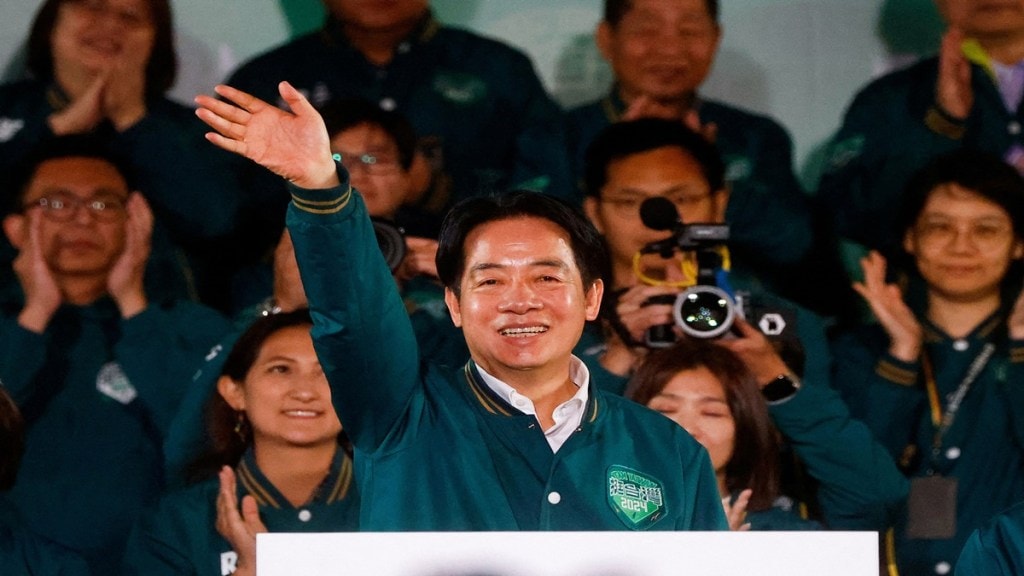In the aftermath of his victory in Taiwan’s presidential election, Lai Ching-te, the president-elect, is resolute in his commitment to protect the island’s de-facto independence from China and enhance alignment with other democratic nations. Lai, currently the vice president of the Democratic Progressive Party (DPP), secured the win on Saturday, defying China’s sovereignty claims over Taiwan. The DPP has consistently rejected China’s assertions, and Lai, in his address to supporters, emphasized Taiwan’s determination to align with democracies worldwide.
Addressing his supporters on Saturday night, Lai declared that Taiwan would persist in walking alongside democracies globally. He underscored the island’s choice to stand on the side of democracy in the face of the ongoing struggle between democracy and authoritarianism.
Balancing Defense and Diplomacy
Lai’s vision for Taiwan includes fortifying the island’s defense capabilities and boosting its economy, which relies significantly on trade with China. Notably, he has tempered his earlier stance as a “pragmatic worker for Taiwan independence,” signaling a nuanced approach.
Efforts to Restart Dialogue with China
While expressing a desire to restart dialogue with China, Lai acknowledges the challenging road ahead. Despite readiness for engagement, analysts suggest the possibility of success is minimal, with China maintaining a critical stance and leaning towards a “maximum pressure campaign.”
International Diplomacy and US Relations
As vice president, Lai actively promoted Taiwan’s interests globally, with visits to New York and San Francisco that drew criticism from Beijing. The Taiwan president-elect’s commitment to democracy resonated with U.S. officials, with Secretary of State Antony Blinken congratulating him and House Speaker Mike Johnson planning a delegation to Taipei following Lai’s inauguration in May.
Fragility of Democracy and Global Alliances
In a Wall Street Journal article, Lai drew parallels between Taiwan’s situation, Ukraine, and the global rise of authoritarianism. He emphasized the importance of maintaining the status quo, building military deterrence capabilities, ensuring economic security, and forging partnerships with democracies worldwide.
Diverse Background and Prior Leadership Roles
Lai, a physician with a master’s in public health from Harvard, has held various prominent roles, including premier, legislator, and mayor of Tainan. During his and President Tsai Ing-wen’s tenure, Taiwan increased arms acquisitions from the United States.
China’s Reactions and Regional Dynamics
China issued a strong rebuke in 2022 when Lai became the highest-ranking Taiwanese official to visit Japan in decades. This move underscored the complexities and tensions surrounding Taiwan’s diplomatic relations and regional dynamics.
(With AP Inputs)

